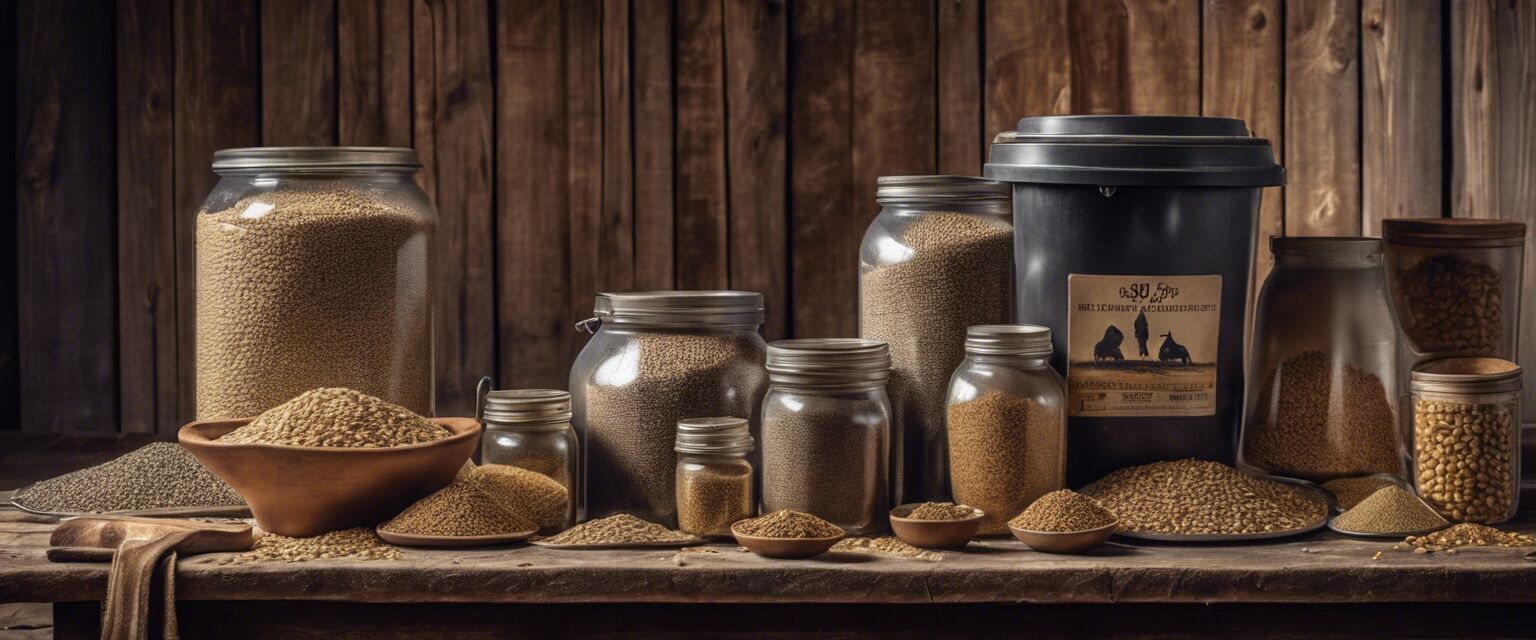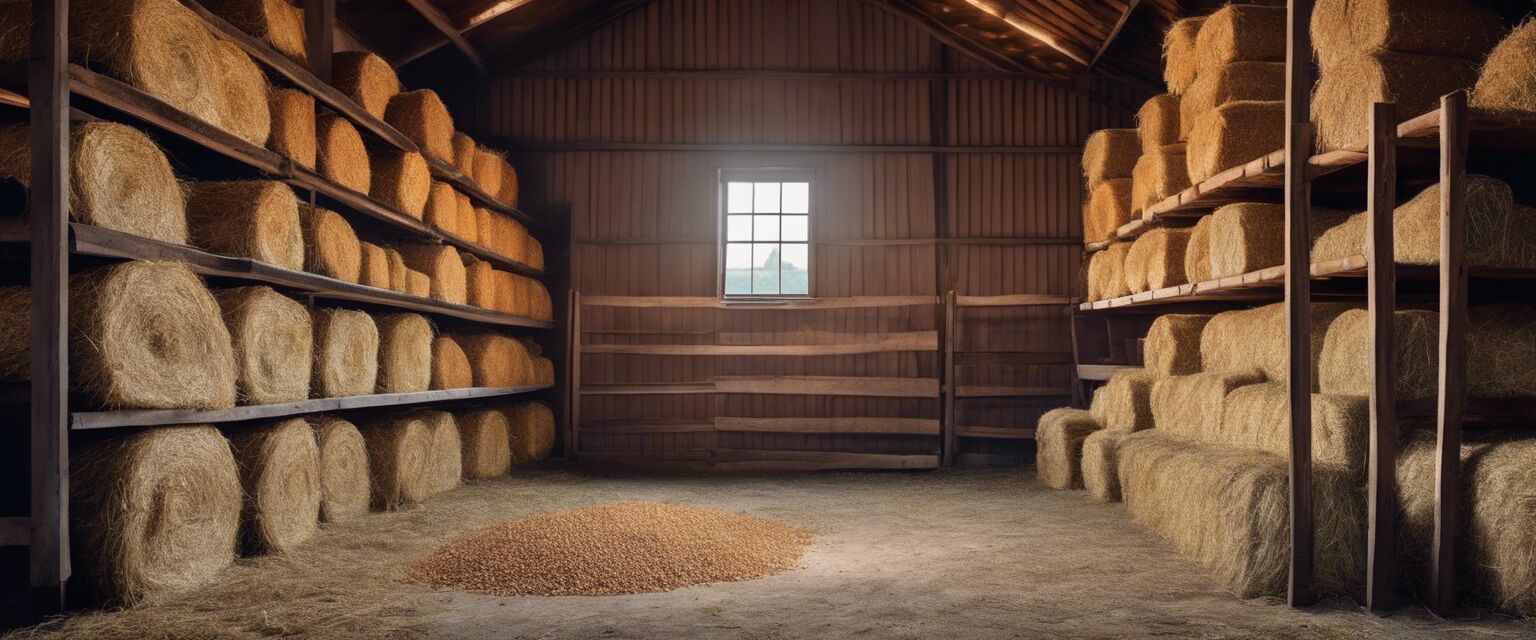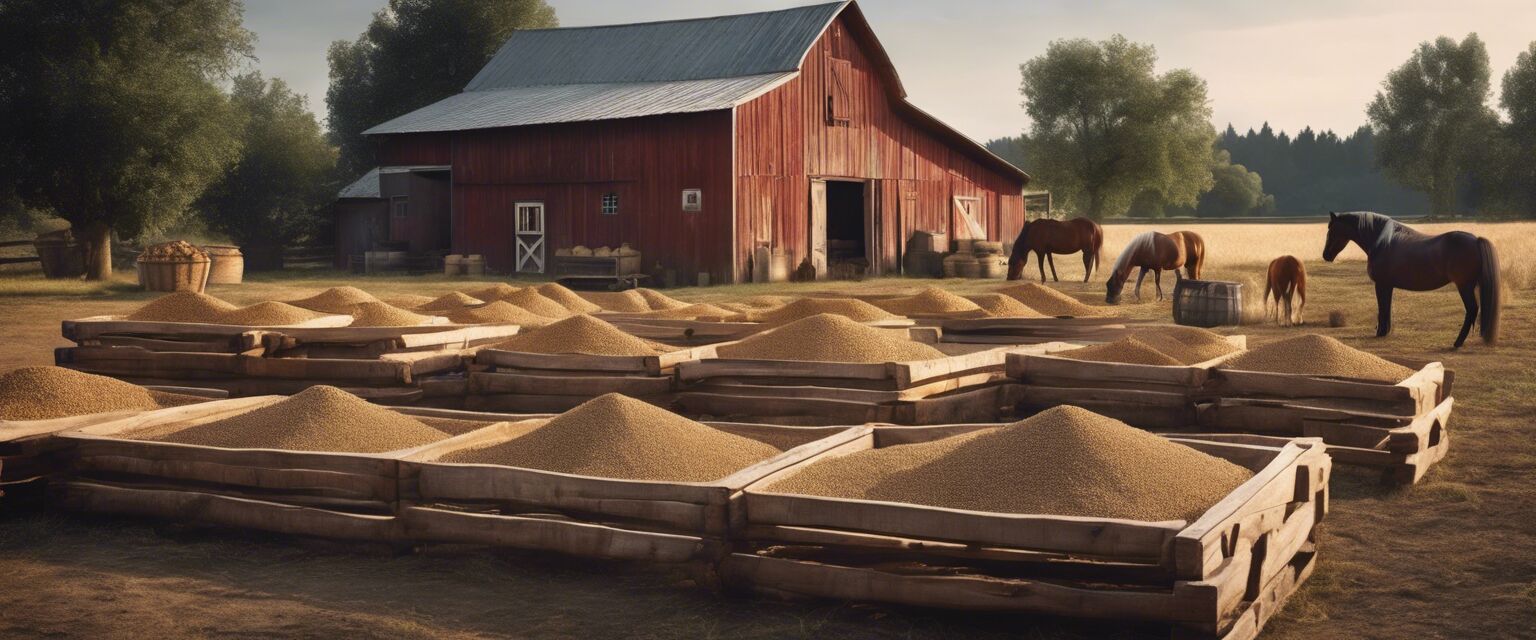
Supplements and Additives
Welcome to the JASF Horse Feeding Guide, your go-to resource for all things related to equine nutrition. In this article, we will explore various horse supplements and additives, their uses, and the benefits they can provide to your horses. Understanding these products can aid in making informed decisions for your horse's health and performance.
Key Takeaways
- Supplements can support overall health and performance.
- Different types of additives serve specific nutritional needs.
- Choosing the right product requires understanding your horse's individual needs.
- Quality matters; always opt for reputable brands.
What are horse supplements and additives?
Horse supplements and additives are products designed to enhance the diet of horses. They can provide additional nutrients that may be lacking in a horse's regular feed. These products serve various purposes, from improving digestion to enhancing performance and overall health.
Types of horse supplements
- Vitamins: Essential for various bodily functions.
- Minerals: Important for bone health and metabolic processes.
- Probiotics: Support gut health and digestion.
- Fatty acids: Help with coat condition and overall health.
- Amino acids: Aid in muscle repair and growth.
Benefits of using supplements
Adding supplements to your horse's diet can provide several benefits, including:
- Improved energy levels and stamina.
- Enhanced coat condition and appearance.
- Better digestive health.
- Support for joint and muscle health.
- Overall enhanced performance in competitions.
Common horse supplements
| Supplement Type | Primary Use | Typical Ingredients |
|---|---|---|
| Electrolytes | Replenish lost minerals | Sodium, potassium, chloride |
| Joint supplements | Support joint health | Glucosamine, chondroitin, MSM |
| Calming supplements | Reduce anxiety | Thiamine, magnesium |
| Weight gain supplements | Support healthy weight | Fatty acids, protein sources |
When to use supplements
Itâs important to assess when your horse may need supplements. Some common situations include:
- Dietary deficiencies: If your horse's feed lacks certain nutrients.
- Increased workload: Horses in heavy training may require additional support.
- Age-related needs: Older horses may benefit from joint and mobility support.
- Health issues: Specific conditions may necessitate targeted supplements.
Choosing the right supplements
Choosing supplements can be overwhelming. Here are some tips:
Tips for beginners
- Consult with a veterinarian before starting any new supplement.
- Research products and read reviews to gauge effectiveness.
- Start with one supplement at a time to monitor effects.
- Consider the specific needs of your horse based on age, workload, and health.
Potential drawbacks of supplements
While supplements can provide benefits, there are potential drawbacks to consider:
Pros
- Can enhance overall health.
- Support specific health concerns.
- May improve performance in competitive horses.
Cons
- Over-supplementation can lead to toxicity.
- Can be expensive over time.
- Not all products are scientifically proven to be effective.
Conclusion
Supplements and additives can play a vital role in maintaining your horse's health and enhancing their performance. By understanding their uses and benefits, you can make informed decisions tailored to your horse's specific needs. Always consult with a veterinarian to determine the best course of action for your equine companion.
Related topics
Further resources
For more in-depth information and product reviews, explore our Supplements category.












